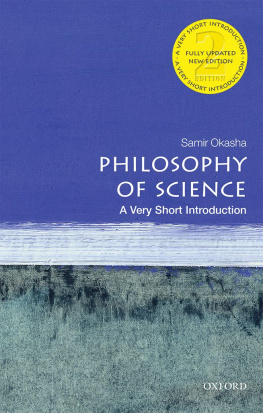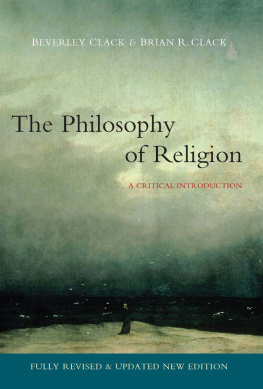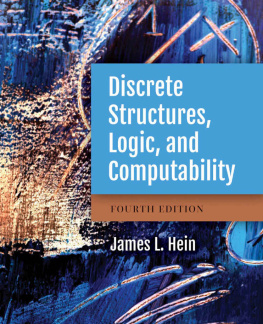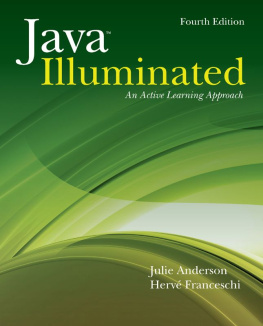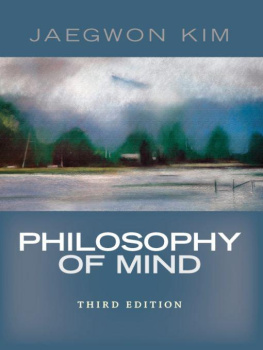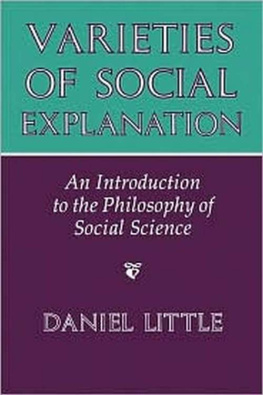Philosophy of Science
Any serious student attempting to better understand the nature, methods, and justification of science will value Alex Rosenberg and Lee McIntyres updated and substantially revised fourth edition of Philosophy of Science: A Contemporary Introduction. Weaving lucid explanations with clear analyses, the volume is a much-used, thematically oriented introduction to the field.
The fourth edition has been thoroughly rewritten based on instructor and student feedback, to improve readability and accessibility, without sacrificing depth. It retains, however, all of the logically structured, extensive coverage of earlier editions, which a review in the journal Teaching Philosophy called the industry standard and essential reading.
Key Features of the Fourth Edition:
Revised and rewritten for readability based on feedback from student and instructor surveys.
Updated text on the problem of underdetermination, social science, and the realism/antirealism debate.
Improved continuity between chapters.
Revised and updated Study Questions and annotated Suggested Readings at the end of each chapter.
Updated Bibliography.
For a list of relevant online primary sources, please visit: www.routledge.com/9781138331518.
Alex Rosenberg is R. Taylor Cole Professor and Chair in the Philosophy Department at Duke University. He is also co-director of Dukes Center for Philosophy of Biology. Rosenberg has held fellowships from the National Science Foundation, the American Council of Learned Societies, and the John Simon Guggenheim Foundation. In 1993, Rosenberg received the Lakatos Award in the philosophy of science.
Lee McIntyre is a Research Fellow at the Center for Philosophy and History of Science at Boston University. He is the author of Respecting Truth (2015); Post-Truth (2018); and The Scientific Attitude (2019).
Routledge Contemporary Introductions to Philosophy
Series editor: Paul K. Moser, Loyola University of Chicago
This innovative, well-structured series is for students who have already done an introductory course in philosophy. Each book introduces a core general subject in contemporary philosophy and offers students an accessible but substantial transition from introductory to higher-level college work in that subject. The series is accessible to non-specialists and each book clearly motivates and expounds the problems and positions introduced. An orientating chapter briefly introduces its topic and reminds readers of any crucial material they need to have retained from a typical introductory course. Considerable attention is given to explaining the central philosophical problems of a subject and the main competing solutions and arguments for those solutions. The primary aim is to educate students in the main problems, positions and arguments of contemporary philosophy rather than to convince students of a single position.
Recently Published Volumes:
Virtue Ethics
Liezl van Zyl
Philosophy of Language
3rd Edition
William G. Lycan
Philosophy of Mind
4th Edition
John Heil
Philosophy of Science
4th Edition
Alex Rosenberg and Lee McIntyre
For a full list of published Routledge Contemporary Introductions to Philosophy, please visit www.routledge.com/Routledge-Contemporary-Introductions-to-Philosophy/book-series/SE0111.
Praise for Previous Editions
Sets the industry standard. This book is essential reading for any serious student of the philosophy of science. [...] Rosenberg provides a comprehensive, sophisticated presentation of the current state of the field, and yet it is clear enough to be accessible to students. Rosenbergs text gets my highest recommendation for courses with students who are academically well prepared and motivated.
W. Russ Payne in Teaching Philosophy
Philosophy of Science
A Contemporary Introduction
Fourth Edition
Alex Rosenberg and Lee McIntyre

Fourth edition published 2020
by Routledge
52 Vanderbilt Avenue, New York, NY 10017
and by Routledge
2 Park Square, Milton Park, Abingdon, Oxon, OX14 4RN
Routledge is an imprint of the Taylor & Francis Group, an informa business
2020 Taylor & Francis
The right of Alex Rosenberg and Lee McIntyre to be identified as authors of this work has been asserted by them in accordance with sections 77 and 78 of the Copyright, Designs and Patents Act 1988.
All rights reserved. No part of this book may be reprinted or reproduced or utilised in any form or by any electronic, mechanical, or other means, now known or hereafter invented, including photocopying and recording, or in any information storage or retrieval system, without permission in writing from the publishers.
Trademark notice: Product or corporate names may be trademarks or registered trademarks, and are used only for identification and explanation without intent to infringe.
First edition published by Routledge 2000
Third edition published by Routledge 2012
Library of Congress Cataloging-in-Publication Data
Names: Rosenberg, Alexander, 1946- author. | McIntyre, Lee C., author.
Title: Philosophy of Science : a contemporary introduction /
Alex Rosenberg and Lee McIntyre.
Description: Fourth edition. | New York, NY : Routledge, 2020. |
Includes bibliographical references and index. |
Identifiers: LCCN 2019028291 (print) | LCCN 2019028292 (ebook) |
ISBN 9781138331488 (hardback) | ISBN 9781138331518 (paperback) |
ISBN 9780429447266 (ebook)
Subjects: LCSH: Science--Philosophy.
Classification: LCC Q175 .R5475 2020 (print) | LCC Q175 (ebook) | DDC 501dc23
LC record available at https://lccn.loc.gov/2019028291
LC ebook record available at https://lccn.loc.gov/2019028292
ISBN: 978-1-138-33148-8 (hbk)
ISBN: 978-1-138-33151-8 (pbk)
ISBN: 978-0-429-44726-6 (ebk)
Typeset in Times New Roman
by Newgen Publishing UK
Visit the eResources: www.routledge.com/9781138331518
Contents
This chapter is devoted to explaining and motivating topics central to the philosophy of science and the books approach to these topics. The chapter concludes with an overview of what lies ahead.
The differences between scientific questions and philosophical questions about science are explored. Science is an epistemic phenomenon with deep implications for philosophy, but philosophy can also help us to explore the epistemic and cultural aspects of science.
Explanation is the backbone of science. This chapter explores whether the discovery of scientific laws is essential for this, or whether there are other (better) ways of understanding scientific explanation.
If laws are an essential feature of scientific explanation, what are they? This chapter explores the strengths and weaknesses of various accounts, involving the notions of necessity and counterfactual conditionals.
The question of how to come to terms with the notion of causation is central to this chapter. Can a probabilistic/statistical account help us to understand how it might be that there could be scientific laws based on something less than certainty?




